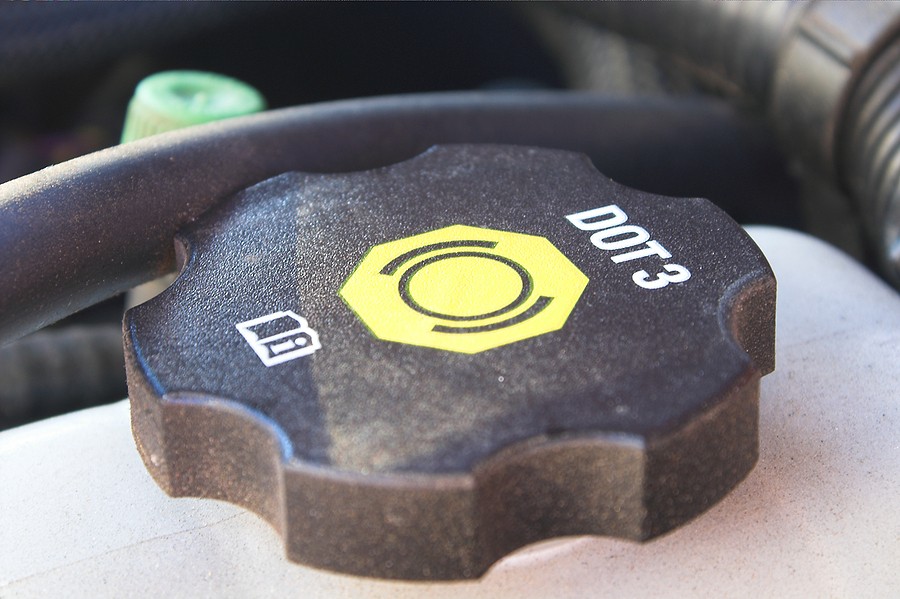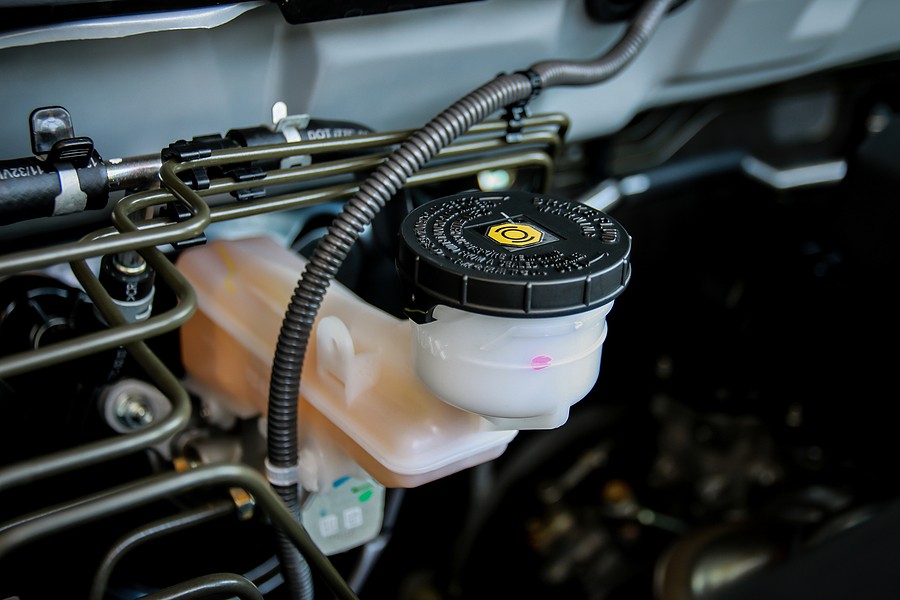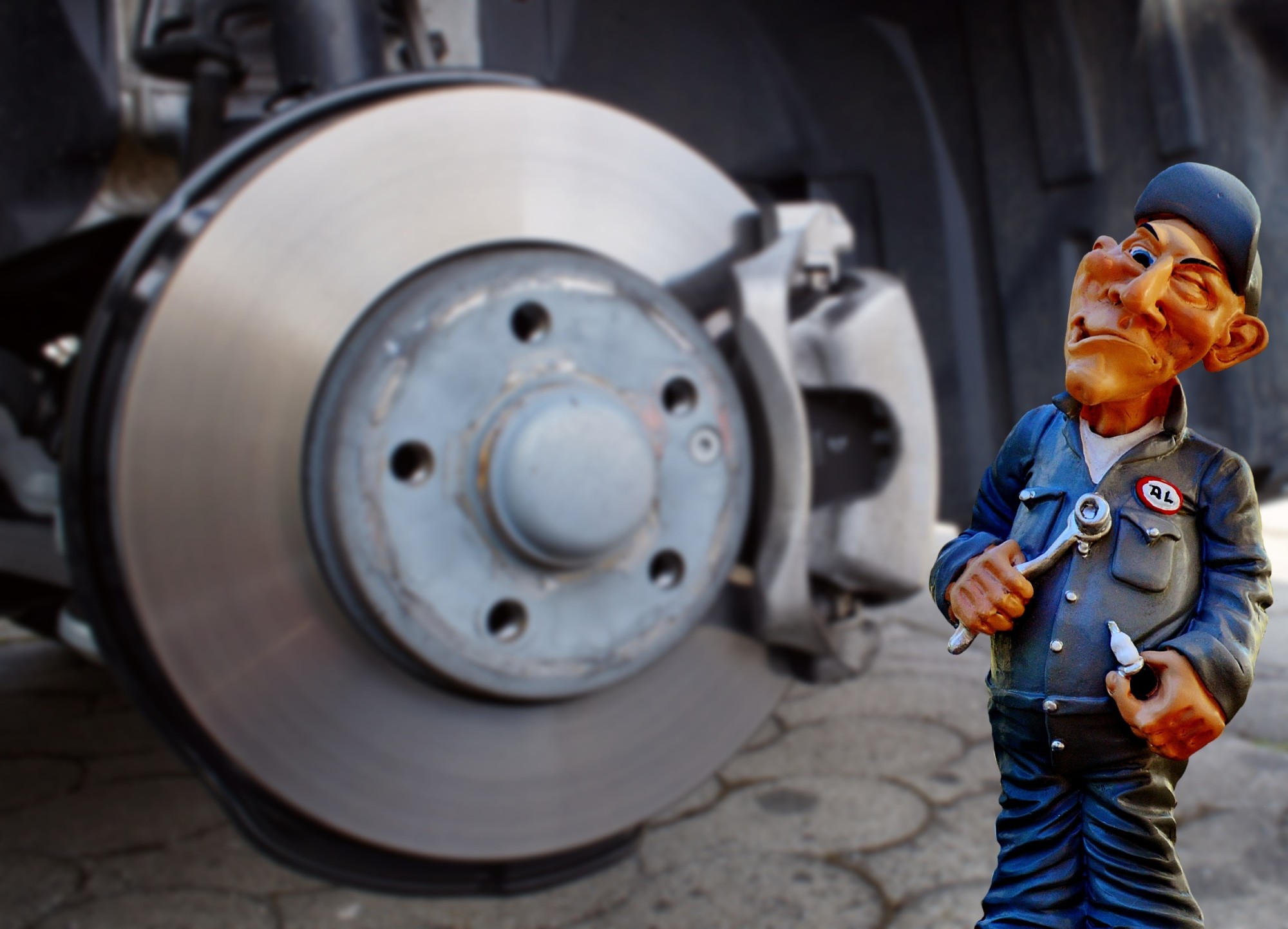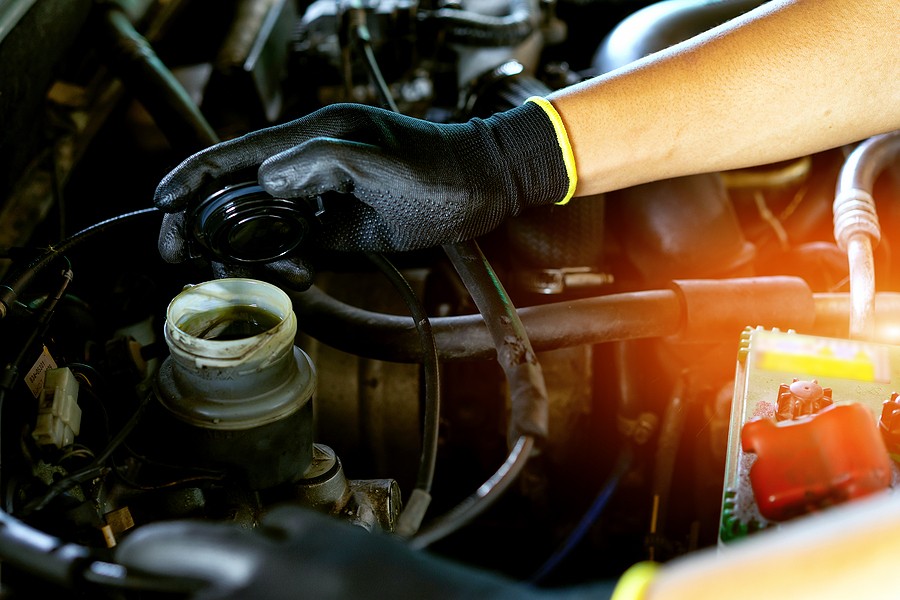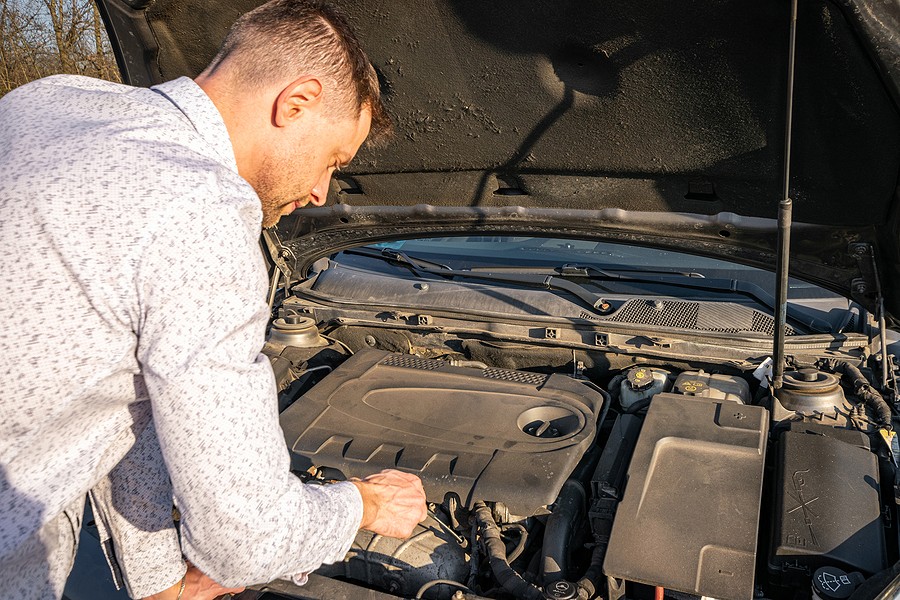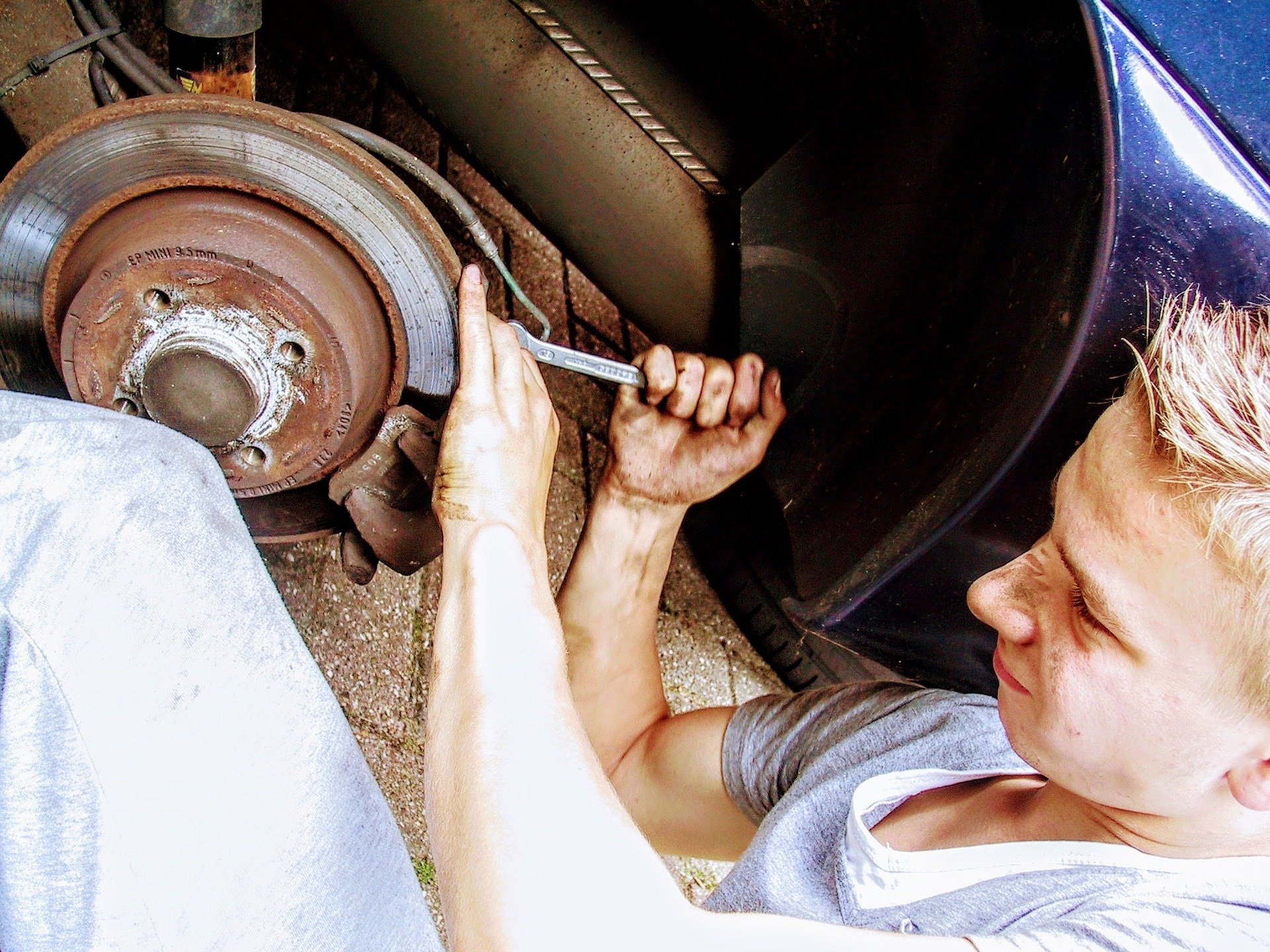Changing brake fluid costs between $80 and $130. It's essential for safe driving, preventing brake fade and corrosion.
Changing your brake fluid is not just a maintenance task; it's a crucial safety measure. This fluid plays a pivotal role in your car's braking system, and its upkeep is essential for ensuring that your vehicle stops effectively and safely. This guide aims to provide you with a detailed understanding of the costs and processes involved, helping you make informed decisions for your car's upkeep.
Brake fluid change is often overlooked, leading to reduced efficiency and potential safety hazards. Understanding the cost factors, processes, and the importance of this service will help you maintain your vehicle's health and ensure your safety on the road.
The Cost Factors
Exploring the Expenses Involved
When it comes to changing brake fluid, several factors influence the overall cost. The primary component is labor, as the complexity of the process demands professional expertise. However, the type of brake fluid and the specific requirements of your vehicle also play significant roles in determining the final price.
Labor Costs
Labor forms the bulk of the expense in a brake fluid change. The cost is justified by the need for professional expertise to ensure that the process is carried out safely and effectively.
Types of Fluid and Vehicle Specifics
The type of fluid required and your vehicle's make and model can also impact the cost. Luxury vehicles and those with advanced braking systems typically require more expensive fluids and may involve a more intricate replacement process, thus increasing the overall cost.
The Process
A Detailed Look at Changing Brake Fluid
Changing brake fluid is a meticulous process that ensures the longevity and effectiveness of your vehicle's braking system. It involves several steps, each crucial for the maintenance of the system's integrity and performance.
Preparation and Fluid Removal
The process begins with preparing the vehicle and carefully removing the old fluid from the master cylinder. This step is crucial as it clears the system for fresh fluid, ensuring that no contaminants are left behind.
Flushing and Replacement
Following the removal of the old fluid, the system is thoroughly flushed to eliminate any residual debris. Fresh, high-quality brake fluid is then added, revitalizing the entire braking system.
The Importance
Understanding Why Regular Changes Matter
Regular brake fluid changes are not just a recommendation; they are essential for the safety and efficiency of your vehicle.
Safety and Prevention of Corrosion
Fresh brake fluid ensures that your brakes respond accurately and efficiently, keeping you safe on the road. Additionally, regular changes prevent the internal corrosion of brake components, extending the life of your braking system.
Maintaining Effectiveness
Old or contaminated brake fluid can lead to brake fade and reduced effectiveness. Regular changes ensure that the fluid maintains its properties, providing consistent braking performance.
When to Change
Identifying the Optimal Time for Replacement
Knowing when to change your brake fluid is key to maintaining your vehicle's braking performance.
Mileage and Time Guidelines
Most manufacturers suggest changing the brake fluid every 24,000 miles or two years. However, this can vary based on your vehicle's specific needs and usage patterns.
Performance Indicators
Pay attention to changes in brake responsiveness or unusual noises. These can be indicators that your brake fluid needs attention.
DIY vs. Professional Service
Choosing the Best Approach for Your Needs
Deciding whether to change your brake fluid yourself or seek professional service is a crucial choice that affects both the quality of the job and your safety.
The DIY Approach
While changing brake fluid yourself can save money, it requires technical knowledge and the right tools. It's a viable option for those with mechanical experience but can pose risks for novices.
Opting for Professional Service
Professional service, although more costly, guarantees that the job is done safely and effectively. Mechanics have the expertise and equipment necessary to ensure that your brake system functions optimally.
Conclusion
Ensuring Safety and Performance Through Regular Maintenance
Regular brake fluid changes are vital for the safety and performance of your vehicle. By understanding the costs, process, and significance of this service, you can make informed decisions, ensuring your car's reliability and your peace of mind.
Contact Cash Cars Buyer for any car-related needs, including selling your vehicle, regardless of its condition. Reach out at 773-791-4363 for expert advice and service.
FAQs
Can I change brake fluid myself?
While it's possible, professional service is recommended for safety and quality.
Should I change brake fluid when changing pads?
Yes, replacing brake fluid during pad changes is advisable for optimal brake performance.
How much is a brake flush at Jiffy Lube?
Jiffy Lube offers brake flushes typically for $100 or less, varying by location.

